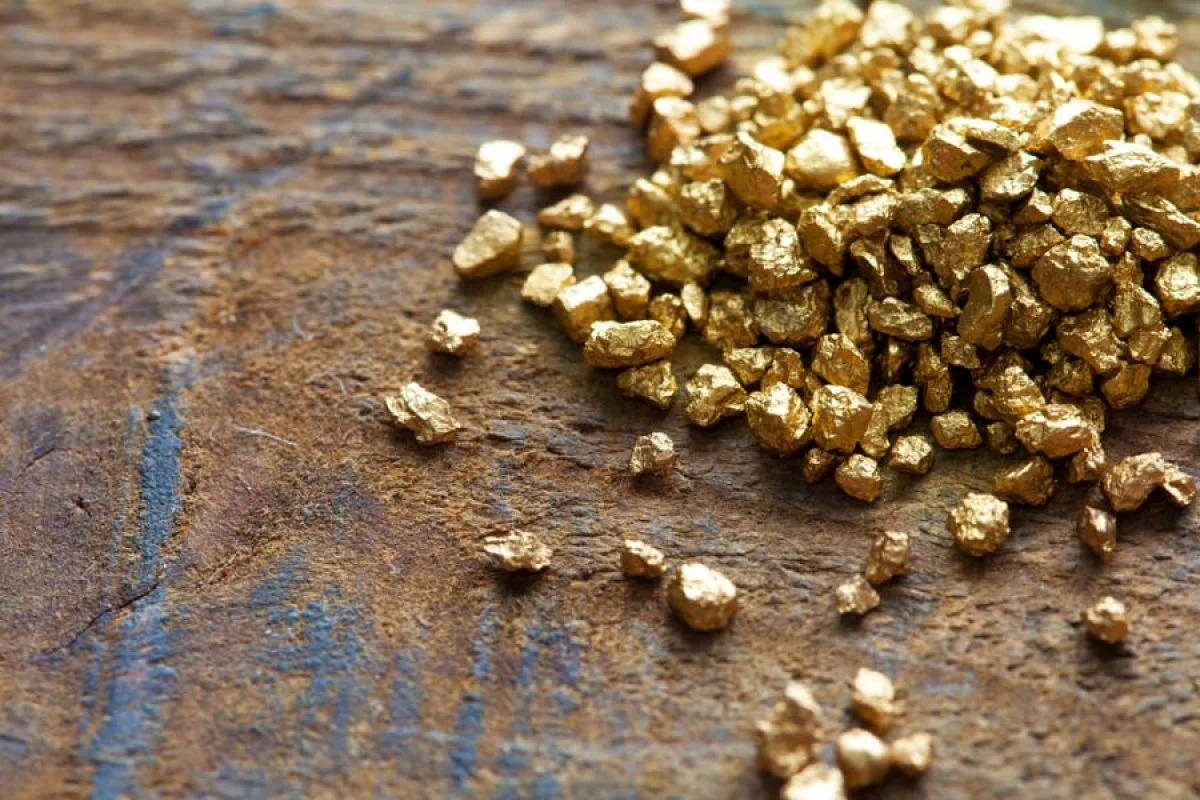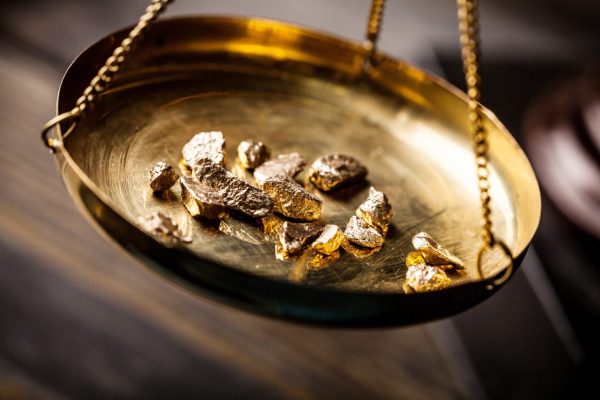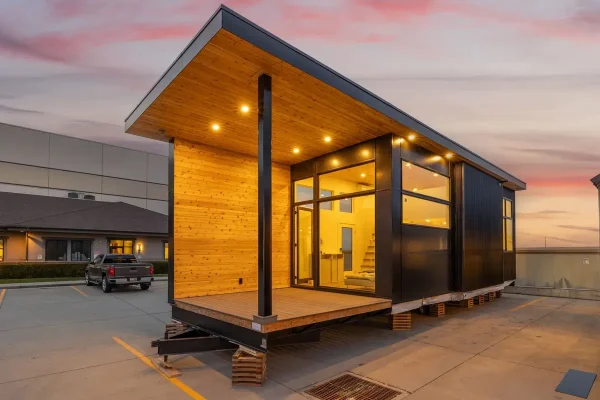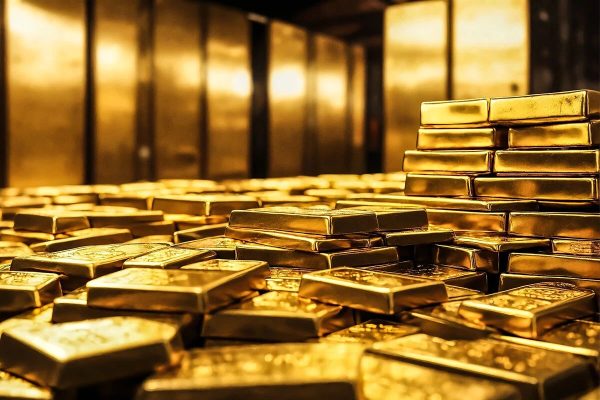Its exploitation has raised concerns about the environmental impact of using mercury to separate the gold.
The Serra Pelada gold mine, the largest artisanal open-pit excavation in the history of Brazil, wants to return to operation as it once was, although fights between miners, heavy debt and environmental requirements are hindering that dream.
Few places in the Amazon exude the gold rush fever like this small town, which continues to stake its future on mining despite growing concern among authorities about the polluting impact of the activity, especially when it is carried out without proper authorisation.
It is a dilemma faced by the state of Pará, where Serra Pelada is located, which has an economy dependent on resource extraction, while preparing to host the next UN climate summit (COP30) in November.
‘We are three metres away from the gold,’ Chico Osório tells EFE, his eyes fixed on the mouth of the clandestine pit he has dug with the help of some workers near the old mine.
Despite using a crutch, the 62-year-old man descended earlier on a kind of swing to examine the progress.
The living history of Serra Pelada
Osório is considered the living history of Serra Pelada, where he arrived in 1982 after hearing about the discovery on the radio.
Today, the hole in the old mine, more than 150 metres deep, is filled with water and looks like a peaceful lake, but at that time tens of thousands of people scraped its walls in search of gold.
Shovel by shovel, they filled sacks with up to fifty kilos of rock, climbed the stairs they called “Adiós mamita” (Goodbye, mummy) because of their dangerousness, and went to the crusher in the hope of finding something shiny.
Osório was lucky and extracted almost 700 kilos of gold; he deposited part of it in a bank, used another part to buy two light aircraft, and invested the rest in equipment.
The government closed the mine in 1992 for safety reasons and when extraction was already in decline.
Meanwhile, Osório’s savings bank went bankrupt, and all that remains of his investments is this pit and some rickety machinery: the cable that holds the swing to lower him into the tunnel is starting to fray, and the crusher has just broken down after making a loud noise.
‘The hardest part is getting to the gold; after that, there’s no shortage of money or good equipment…’, he says optimistically.
Garimpeiro Zezão analysing the ore extracted from the subsoil to verify the proportion of gold in Serra Pelada.
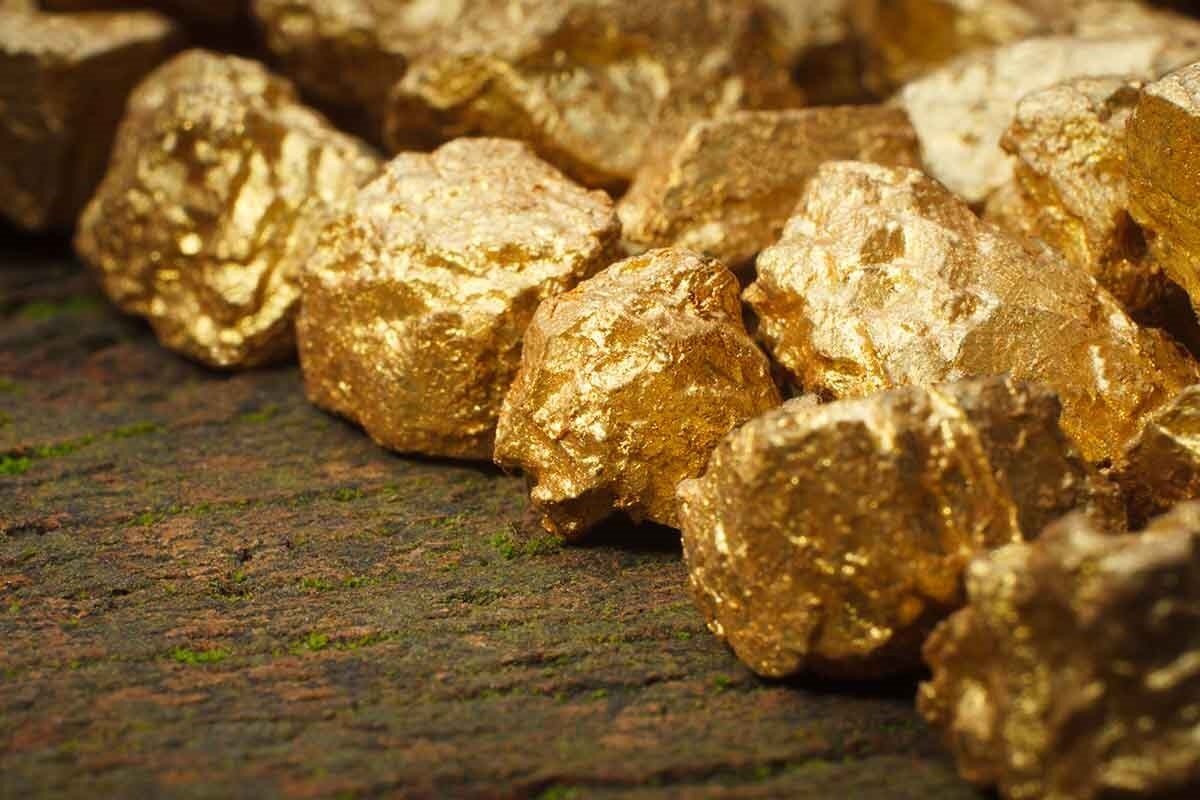
Plans for reactivation
Like Osório, many of the former miners still live in Serra Pelada, and most spend their days at the cooperative’s headquarters playing dominoes and waiting for something to happen.
The presidency of the organisation is constantly disputed. Deuzita Rodrigues was dismissed by other members of the board shortly after being elected, but she appealed and a judge ruled that she should return to office last August.
In addition, the cooperative has accumulated a labour debt of 51 million reais (about 10 million dollars or eight million euros), according to the organisation’s lawyers.
For this reason, its permits have been seized, pending compliance with its obligations.
To get out of the quagmire, Rodrigues tells EFE that she is confident of implementing an agreement signed with a company to resume gold mining on the 100 hectares owned by the cooperative, although she acknowledges that the recent turmoil may have scared it off.
‘My wish is for the mine to start operating again; there is untold wealth down here,’ says the president of the cooperative, who rules out the use of polluting practices if it is reactivated.
However, tired of waiting, some miners have decided to go it alone and clandestinely use techniques that raise concerns about their environmental impact, such as the use of mercury to separate gold, which contaminates aquifers and rivers.
Despite police operations against illegal mining, 65-year-old merchant Carlos Aurélio confesses to EFE that he receives an average of 200 grams of nuggets every week, which he keeps in a small plastic container.
It is not the tonnes of the past, but it is proof that the riches have not been exhausted.
Leaning on his crutch, Chico Osório bends down and points to the metal plates soaked in mercury: ‘Those shiny spots, see? That’s gold.’

